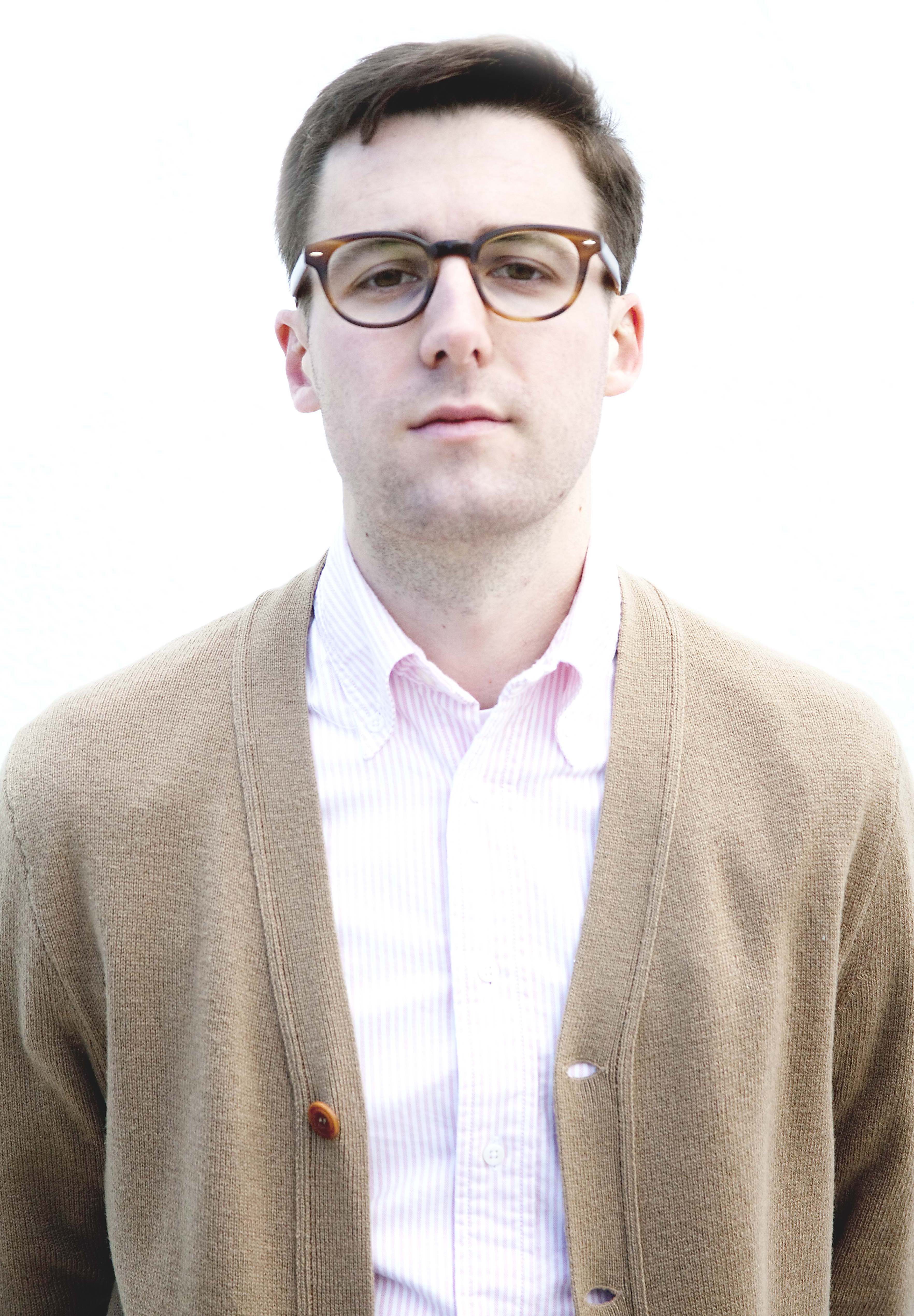Nick Waterhouse ““ old-school rhythm and blues artist, producer and DJ ““ has a sound that’s been compared to Buddy Holly and 1950s R&B. Although he appreciates vinyl records and music from this era, he said he does not do so to pay homage to the past.
Waterhouse has already toured Europe and is set to play at this year’s FYF Fest, an indie music festival in L.A., in the wake of his debut album “Time’s All Gone,” which grew out of his experiences living in San Francisco.
On Saturday, he will perform at the J. Paul Getty Museum with his live band the Tarots as part of the Saturdays Off the 405 concert series. Daily Bruin’s Jessica McQueen spoke with Waterhouse about his musical influences, recording process and why he does not label himself as a retro artist.
Daily Bruin: Who or what are some of your musical influences?
Nick Waterhouse: I’m heavily influenced by DJ culture, specifically in San Francisco. There are a lot of record people that I really like (who) play records without needing to attach any sort of subculture or retro, backward-looking affectation to them. I like music appreciators. To me, a 45 (vinyl record) is a form of art and creativity that I think needs to be recognized as something more sophisticated than most people treat it. On an aesthetic level, (my influences include) people like Ray Charles, Raymond Chandler and James Joyce, Johnny “Guitar” Watson and Young Jessie.
DB: You self-produced your first 45 vinyl record, “Some Place.” Did you also self-produce your debut full-length album?
NW: The album is interesting because it grew out of that approach. I had already recorded about five of the songs on (the album) before I had a record deal (for “Time’s All Gone”). I was just kind of doing it because it felt like something I had to do. By then, I got a group together and played a bunch of gigs. There was this really insane feeling of momentum, so I thought I had to get into the studio. My idea was just to continue cutting 45s. A couple labels were interested, and I ended up really liking what Innovative Leisure had to offer. They let me continue doing things the way I was doing them but funded some of the expenses.
DB: Why did you name the album “Time’s All Gone?”
NW: I think that song (that the album is named after) is my version of (Bob Dylan’s) “When the Ship Comes In.” It’s a question and an accusation, and I see it as sort of calling people on … how there shouldn’t be a timestamp on any music.
DB: You once said that you recorded the album with vinyl in mind. What role did vinyl play in influencing you as an artist?
NW: A lot of songs that I really like were in the format of vinyl and records. Saying something like “I had vinyl in mind” is not an aesthetic choice. That’s how I listen to music. I feel that that’s the format that is really true to the medium. It’s the closest thing to being in a room with the people who are playing because the sound never gets coded and decoded and filtered through binary code. It’s an analog waveform that, to me, is the strongest way to hear a song.
DB: What’s your recording process like?
NW: When we get to the studio, I cut as live as possible. … We’ll just roll tape, and often times (there are) seven or eight people playing together. It’s not really layered or overdubbed the way that I find a lot of modern music is recorded. I don’t care much for trying to over-perfect something. For me, it’s important to keep the rhythm. If it has that feel to it, I feel like my job is done, and it’s really just doing little modifications and getting a good mix. … I generally don’t use a lot of effects. To me, it’s all about microphone placement and getting the feeling versus trying to fix everything in the mix.
DB: The press often labels you as retro or compares you to Buddy Holly. How do you feel about those comments?
NW: I think it’s way off base. It immediately flattens you as a person or artist, and it sets up probably the worst preconceived notions that somebody can have coming to your work. … The idea of retro is rehashing something. There’s no vitality and there’s no life in that. I feel that I’m doing something that has just as much value as any other artist that’s around today.
DB: So what do you hope people will get out of your music?
NW: Just the feeling. … I think it’s about reaching this point where you feel transcendence or have that epiphany moment, whether it’s the way a line hits or whether there’s a rhythmic break. Those are the things that I really like in records. What I like in records has nothing to do with what year it was made in or how it looks on the cover. It’s about the feeling.
Email McQueen at jmcqueen@media.ucla.edu .
